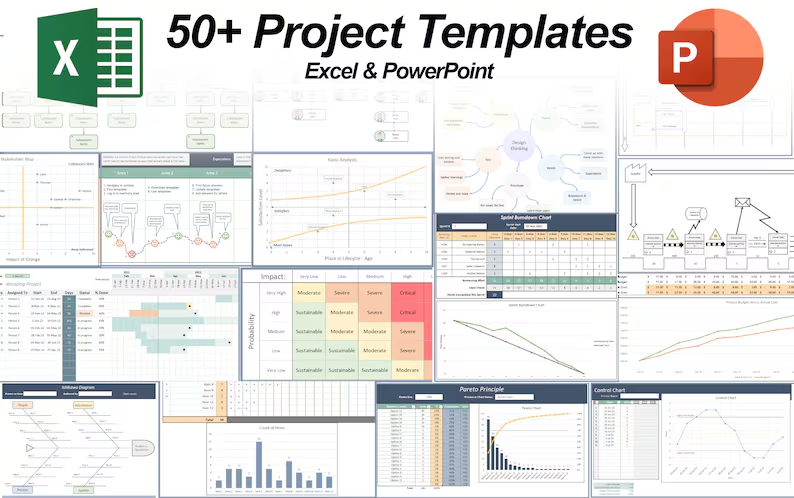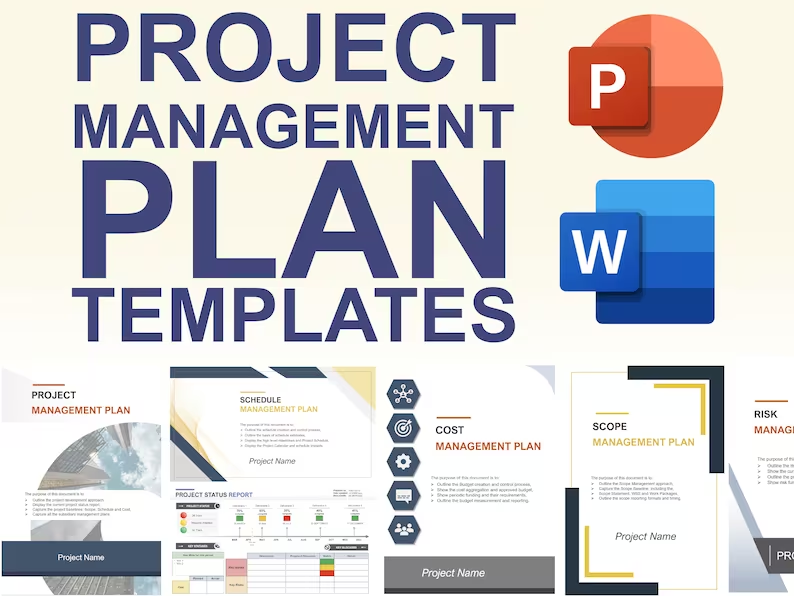Click the video above to view
We use the PMP Fast Track to answer PMP and CAPM questions quickly and easily. Check it out!
Question 51 – System Interactions
Stakeholders request a visual representation of how a new system will interact with existing systems. What tool should you use?
Question 52 – Project Charter Contents
The sponsor wants to reduce rework by using information from the project charter. What key details will not be found there?
Question 53 – Next Step After WBS
Your team has created a Work Breakdown Structure (WBS) and defined work packages. What should you do next in the planning process?
Question 54 – Scope Baseline Completion
The scope baseline is nearly complete with the scope statement and WBS finalized. What is the next step?
Question 55 – Managing Scope Creep
The project is receiving many small change requests, raising concerns about scope creep. How should you handle this situation?
Question 56 – How to Logically Schedule Activities
How should project activities be scheduled logically? Consider dependencies like finish-to-start relationships and methods such as the Precedence Diagramming Method (PDM).
Question 57 – Ensure it meets industry standards
How can you ensure your product outperforms competitors and meets industry standards? Options include benchmarking, root cause analysis, and risk assessment.
Question 58 – Ready to Close – What NOT to do?
What action is NOT required when closing a project? Tasks include documenting lessons learned, preparing final reports, and releasing personnel, but some activities belong to earlier phases.
Question 59 – Whether to use a Vendor or not
A critical system functionality is needed, but there are budget and timeline constraints. What’s the best approach—hiring internally, root cause analysis, scope reduction, or a make-or-buy analysis?
Question 60 – Lots of conflicting stakeholders
During project initiation, numerous stakeholders have conflicting priorities. How should you manage and prioritize them? Options include stakeholder mapping, selective engagement, workshops, or escalation.
Pep Talk
A wonderful tool for your study is to practice every single day, in the way that you have been doing. So I think you’re doing a fantastic job! Keep going, keep learning, keep growing, and all of these things we can take and use on our real world projects straight away. Some of these are extremely handy tools to have in our back pocket as project managers. You’ll be able to take these tools and use them any time you need by learning these things, learning the right things and doing great things as a project manager. Keep going, I believe in you!
See more PMP Exam Practice articles:
- 10 PMP and CAPM Questions to Ace Your Exam (51 to 60)
- 10 PMP and CAPM Questions to Ace Your Exam (41 to 50)
- 10 PMP and CAPM Questions to Ace Your Exam (31 to 40)
- 10 Predictive PMP and CAPM Questions and Answers (21 to 30)
- 10 Predictive PMP and CAPM Questions and Answers (11 to 20)
- 10 Predictive PMP and CAPM Questions and Answers (1 to 10)
- PMP Practice Exam Questions and Answers | Scenario-Based! | 30
You can see what people are saying about David McLachlan here: REVIEWS
Navigate to Free Project Management and Leadership Articles through the links on the right (or at the bottom if on Mobile)



